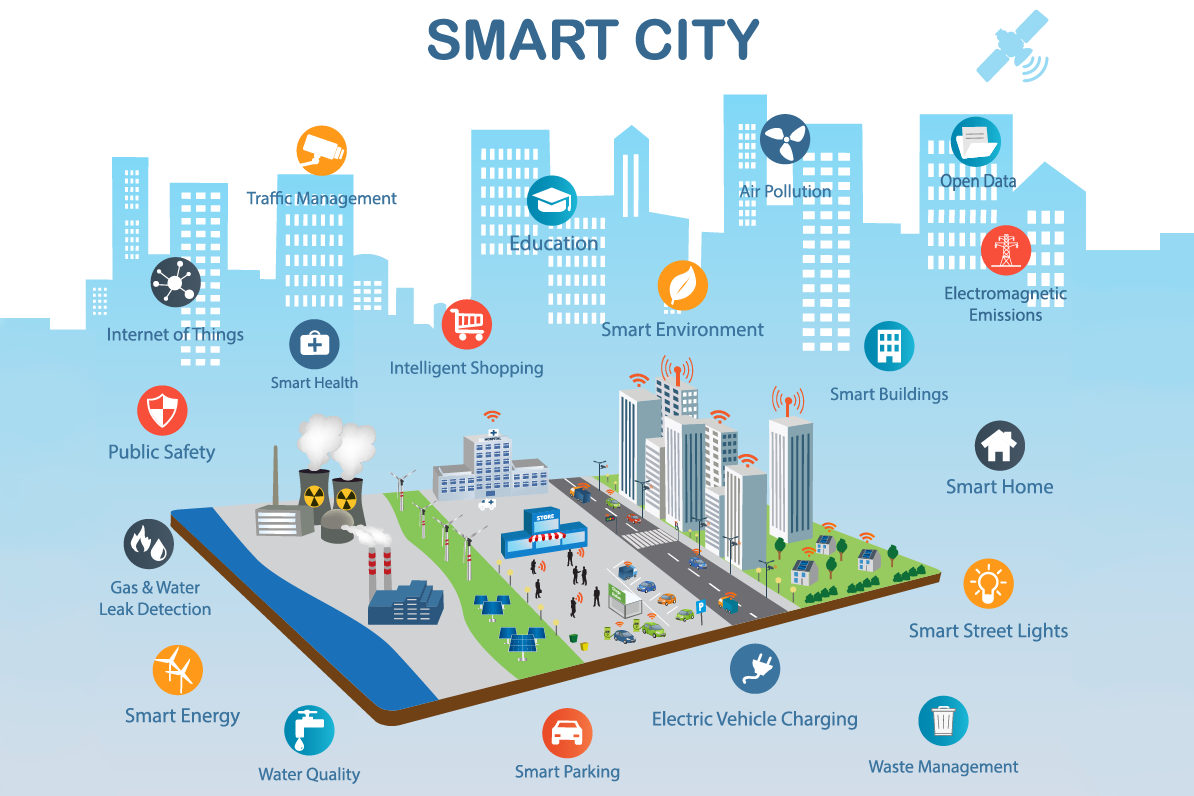As cities worldwide evolve into smart cities, Georgetown has the potential to become Guyana’s first. A smart city leverages digital technologies to improve infrastructure, governance, and the overall quality of life for its residents. This article discusses the steps Georgetown could take to achieve smart city status.

Key Technologies for Smart Cities
The foundation of a smart city lies in its technology. Smart infrastructure includes IoT (Internet of Things) devices, sensors, data analytics, and mobile applications that connect and monitor various urban functions. For example, smart lighting systems adjust based on ambient light and pedestrian movement, saving energy. Smart transportation solutions, such as traffic sensors and public transportation apps, enhance mobility, reduce congestion, and improve public safety.
In Georgetown, implementing these technologies could make a significant difference. Smart waste management systems, air quality sensors, and flood monitoring devices are just a few tools that could tackle pressing urban issues.
Steps to Achieve Smart City Status
To become a smart city, Georgetown must adopt the following steps:
1. Infrastructure Investment: A smart city requires a robust digital infrastructure, including widespread internet access and an extensive sensor network. By partnering with tech companies, Georgetown could develop a scalable digital infrastructure to support various smart initiatives.
2. Data-Driven Governance: Smart cities use real-time data to make governance decisions. Establishing a centralized data center that aggregates information from multiple sectors (transport, healthcare, public safety) would help city officials make informed decisions.
3. Sustainable Energy Initiatives: Georgetown could install solar-powered streetlights and promote energy-efficient public buildings. Renewable energy sources and smart energy management systems would support sustainable growth.
4. Community Engagement and Education: For a smart city to be successful, citizens need to be engaged and informed. Georgetown could establish platforms that encourage residents to provide feedback on city services, participate in digital literacy programs, and adopt smart technologies in their homes.

By focusing on digital infrastructure, data-driven policies, and community engagement, Georgetown could pioneer smart city initiatives in Guyana, setting a model for other regions in the country.